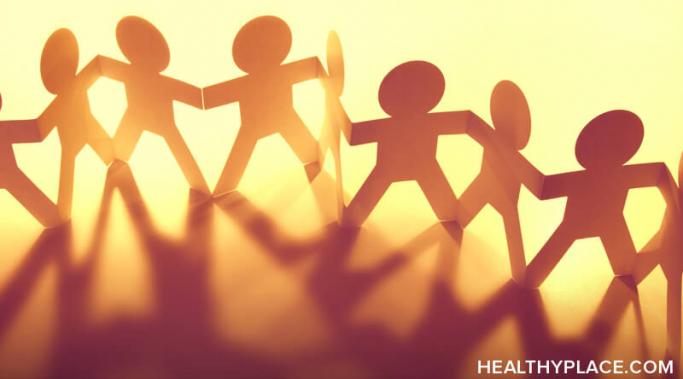Blogs
As a kid, anytime I watched TV, read a book, or engaged in an activity where I had to sit for long periods, I would rock back and forth (a self-stimulating behavior). To my parents, watching me rock backward and bang the back of my head up against the couch was not odd since my brother was also a "headbanger" as they would jokingly call it. Recently, I learned that my means of self-soothing as a child is called stimming—and there's a connection between self-stimulatory behavior and attention-deficit/hyperactivity disorder (ADHD).
Dealing with posttraumatic stress disorder (PTSD) at work can be stressful. Navigating flashbacks, panic attacks, and hypervigilance is difficult in any setting, but managing these symptoms in a workplace can feel impossible. When you're constantly worrying about judgment from your coworkers and peers, it can be hard to focus on the job at hand.
Most of us are well aware of the importance of a strong work ethic to succeed in one's professional life, but the idea of a healthy rest ethic isn't well known. In fact, thanks to today's hustle culture which demands that we work as much as possible, we are acutely overworked across generations. Irrespective of what certain people in positions of power want us to believe, overworking, also known as hustling, is bad for the mind and body.
You're going to need to talk to people about your bipolar disorder. It doesn't matter what stage of the illness you are in -- just after diagnosis, deep into treatment or in remission -- you need other people to know about your mental illness. So let's talk about why you need to talk to people about your bipolar and how to do it.
It’s the middle of the summertime, and every day is hot and humid. I hate this time of year; I find this kind of weather so anxiety-provoking and draining.
As the eyes and ears of American society are fixed on dismantling more than 400 years of racial injustice at this pivotal moment in time, the intersection of racial trauma and eating disorders must be part of this broader conversation.
Building healthier self-esteem takes courage. Your courage will help you make the changes you choose to make to your actions and attitudes that will allow you to feel more confident and self-reliant. But where do you find the courage to become the person you wish to be? How do you begin to practice courage to build strong self-esteem?
I've loved writing for the "Living a Blissful Life" blog at HealthyPlace, but the time has come for me to move on. Here, I'll leave you with a few parting thoughts about how to live a happy, fulfilling life.
If you've never heard of the term "time-blindness," you aren't alone. I've been researching and writing about mental health for nearly 10 years, and I only heard the term last year, even though it is a major problem for a lot of people, especially those with attention-deficit/hyperactivity disorder (ADHD). Typically on this blog, I talk about how I am recovering from depression and anxiety, but I have strongly identified with the symptoms of ADHD for a few years now, ever since I started reading resources on what ADHD looks like in girls and adults. Once this pandemic is over, I plan on being professionally evaluated to see if I actually have ADHD or if my ADHD symptoms are connected to something else. Regardless of a diagnosis, I definitely experience time-blindness, and it makes life in general difficult, but it can also create big problems for my mental health.
Living with dissociative identity disorder (DID) means you need as many tools as you can find to remain grounded and stable. This can be difficult when you are trying to balance a routine made up of work, family and friends. However, I’ve been able to find solace in an unusual place: my iPhone.









